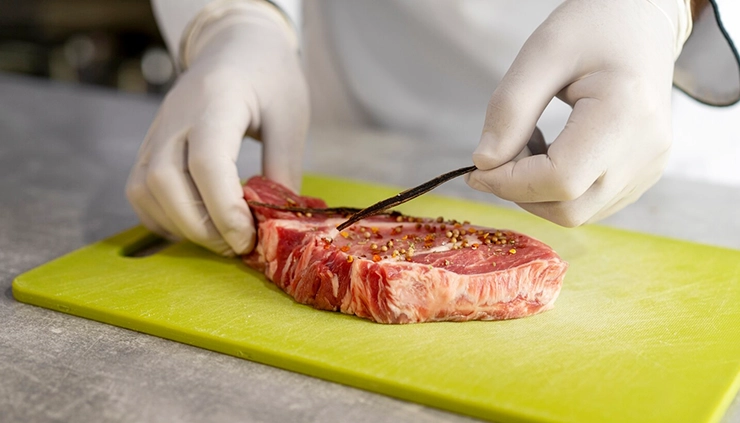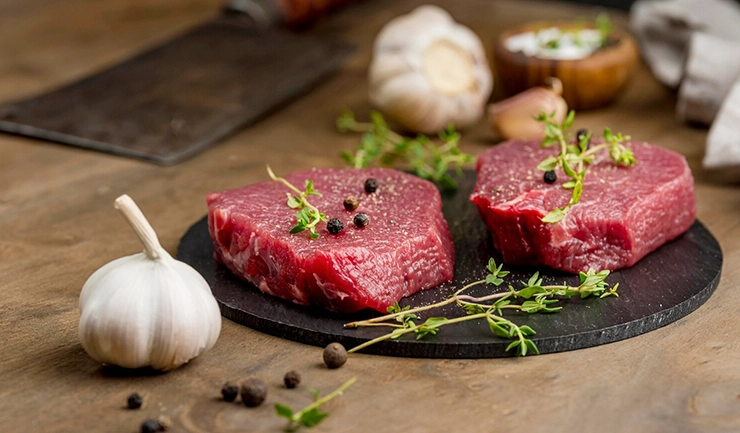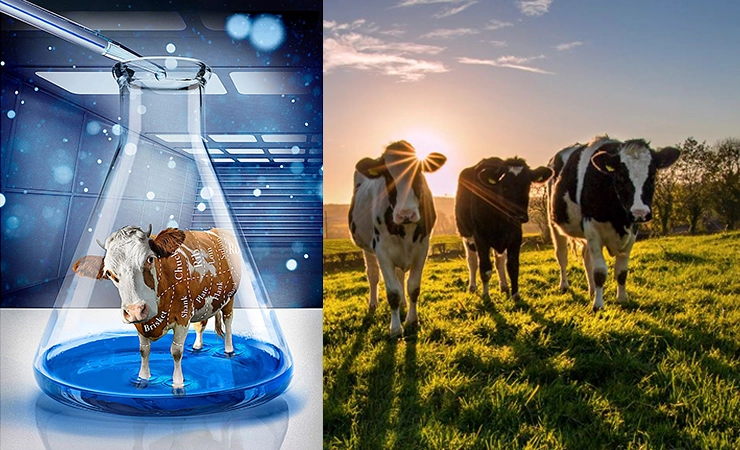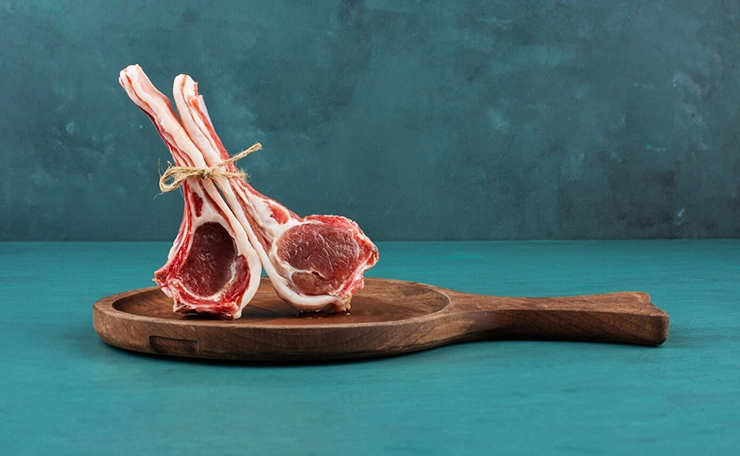Are You Ready to Eat This? Artificial Meat: Good or Bad

As the world grapples with the environmental impact of traditional meat production, a new player has entered the scene – artificial meat. The question on everyone’s mind is, “Are you ready to eat this, and how does it impact your beauty and health choices?”
Let’s start with the positive aspects. Artificial meat, also known as lab-grown or cultured meat, boasts a significantly lower carbon footprint compared to conventional meat production. The reduction in greenhouse gas emissions aligns with the values of eco-conscious fashionistas who are increasingly opting for sustainable clothing options. As awareness of environmental issues grows, so does the demand for products that reflect a commitment to a greener lifestyle.

Moreover, the production of artificial meat requires less land and water, mitigating concerns related to deforestation and water scarcity – both critical issues that resonate with those in the fashion and beauty industries. Ethical and sustainable practices have become paramount in shaping consumer choices, influencing not only what we eat but also the products we choose to adorn ourselves with.
However, the debate over artificial meat extends beyond its environmental impact. Skeptics argue that the long-term health effects of consuming lab-grown meat are still unknown. Beauty enthusiasts, in particular, are concerned about the potential impact on skin health. The saying “you are what you eat” takes on a whole new meaning when considering the direct correlation between diet and skin conditions.

Traditionalists in the beauty industry argue that the nutrients obtained from natural, pasture-raised animals contribute to healthier skin, hair, and nails. The collagen found in bone broth, for example, is touted for its anti-aging properties, a factor that plays a crucial role in shaping beauty standards.
From a fashion perspective, the leather industry also faces a unique challenge with the rise of lab-grown meat. The ethical fashion movement, which advocates for cruelty-free alternatives, has gained momentum. Lab-grown leather presents an opportunity for fashionistas to make a statement without compromising their values.

In conclusion, the introduction of artificial meat raises intriguing questions for those immersed in the worlds of beauty and fashion. While the environmental benefits align with the values of sustainability, the impact on health and traditional practices cannot be ignored. As technology continues to advance, the fashion and beauty industries may find themselves at a crossroads, navigating the delicate balance between embracing innovation and preserving age-old traditions. The decision to embrace or reject artificial meat ultimately lies in the hands – and taste buds – of consumers who are increasingly mindful of the footprint they leave on the world.


